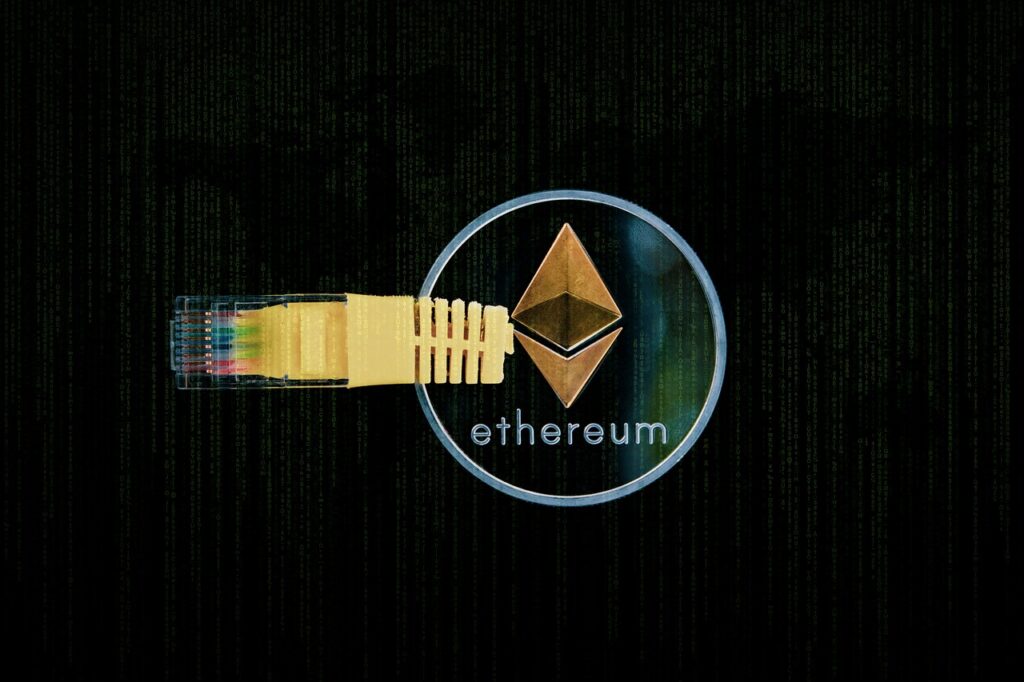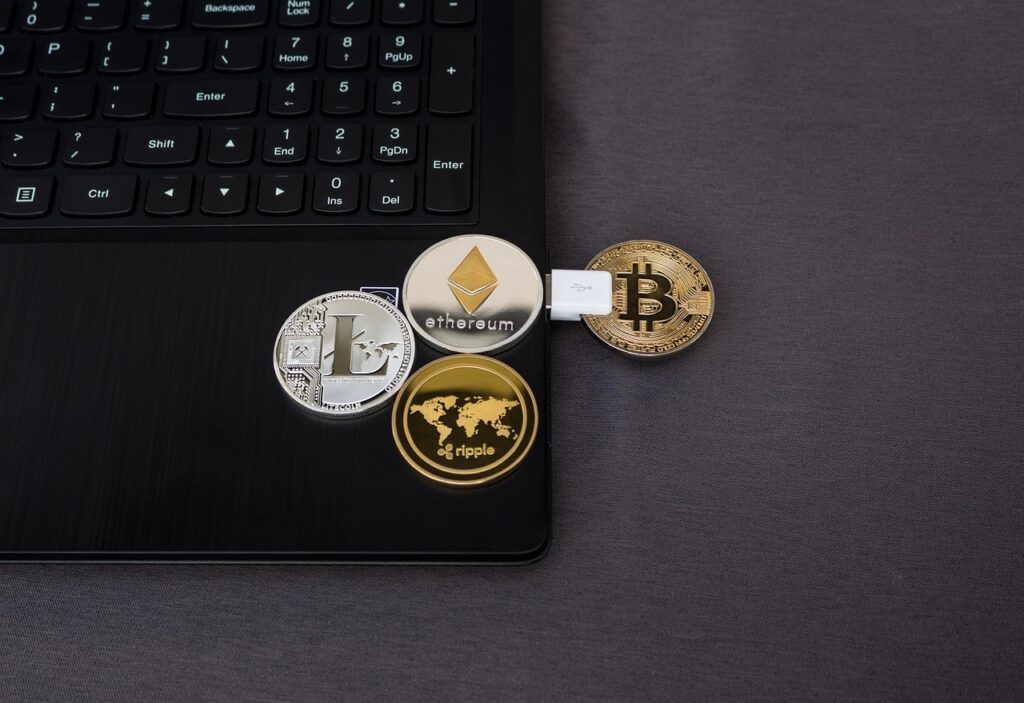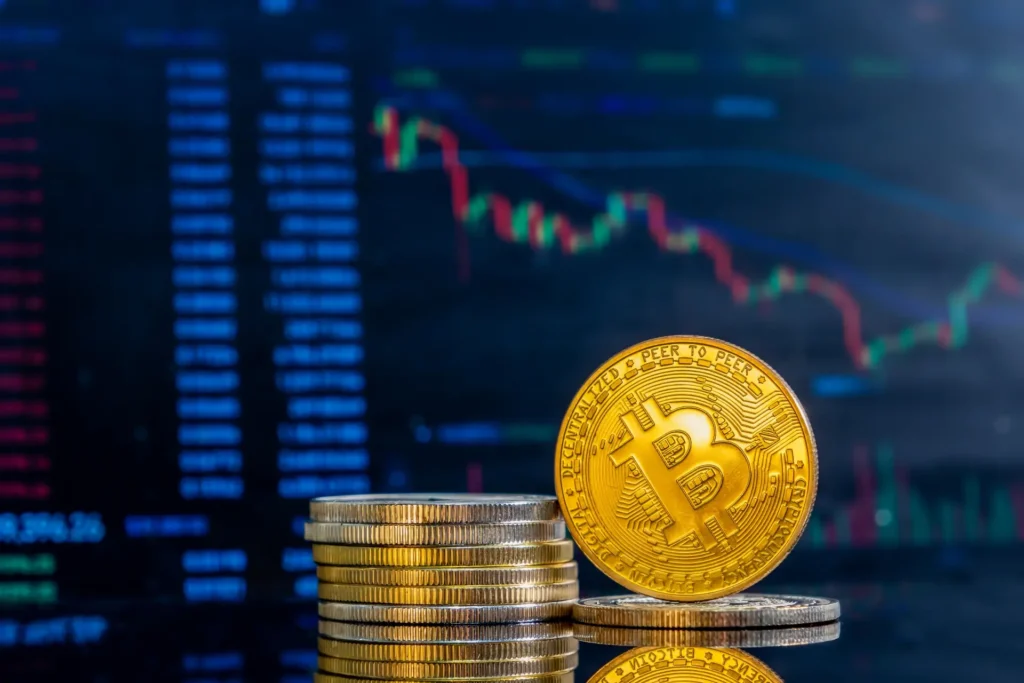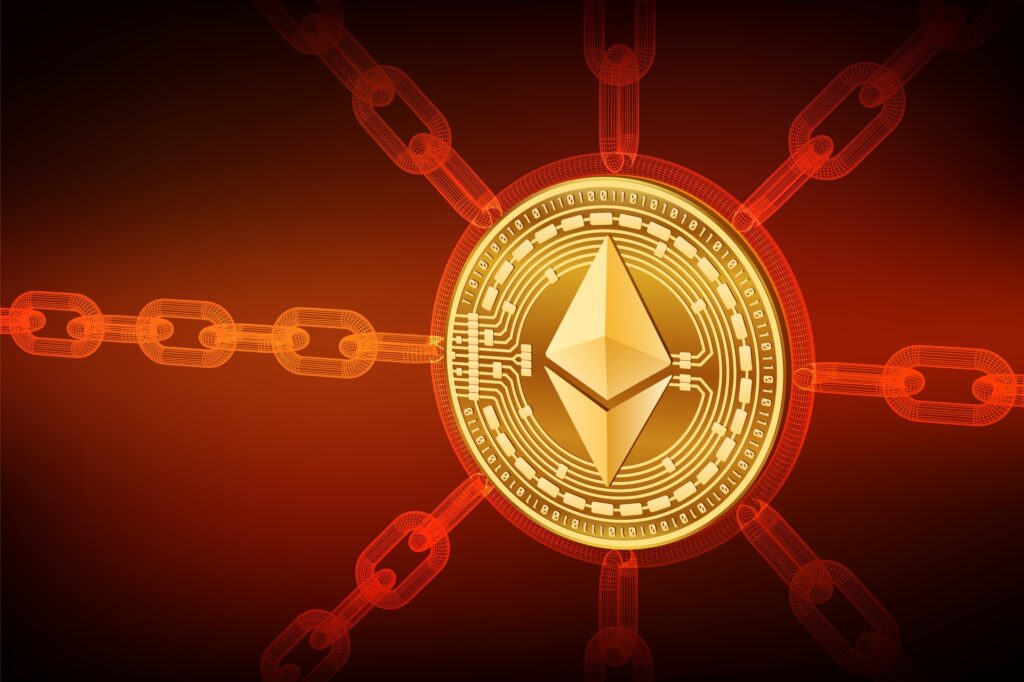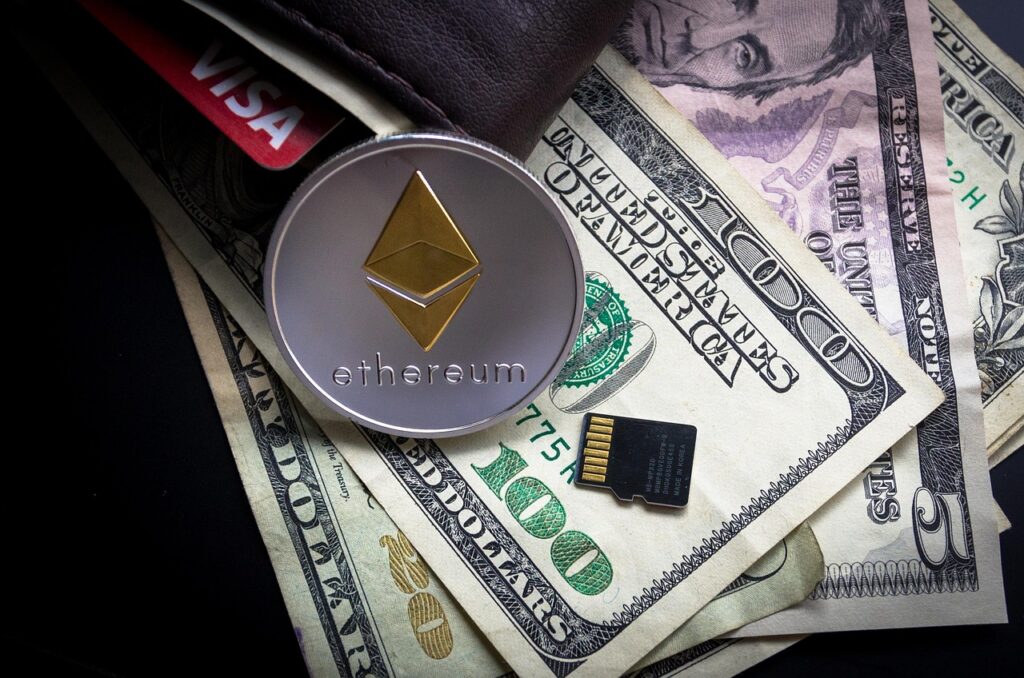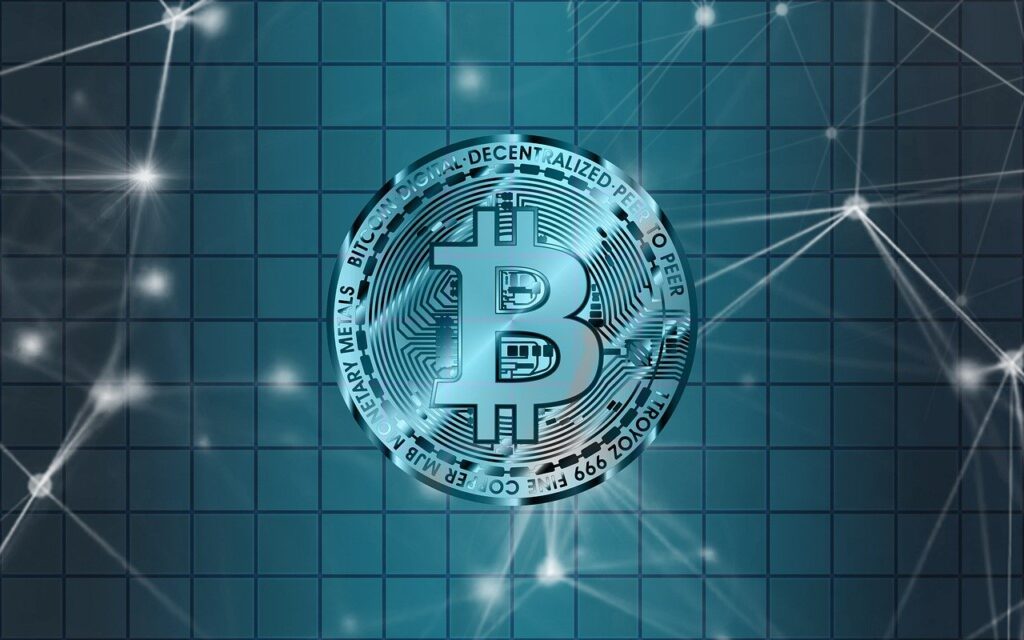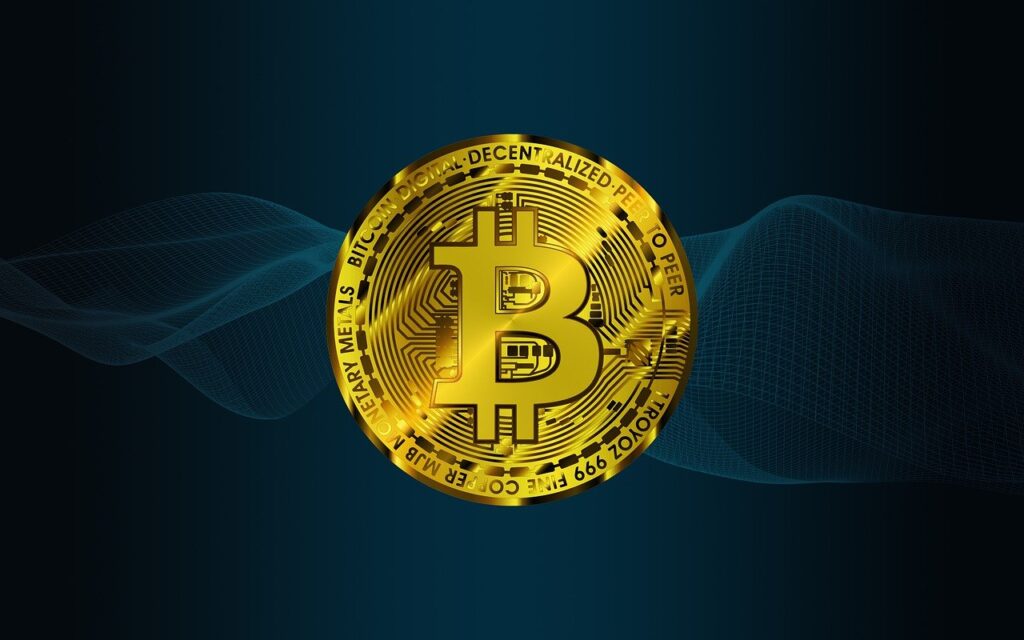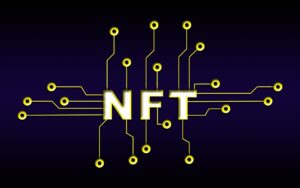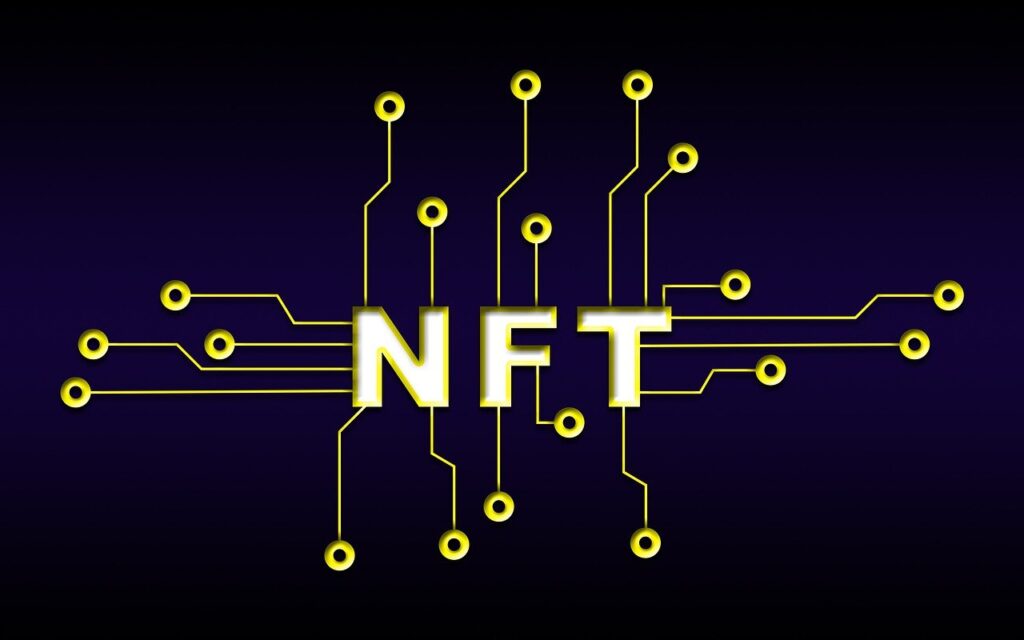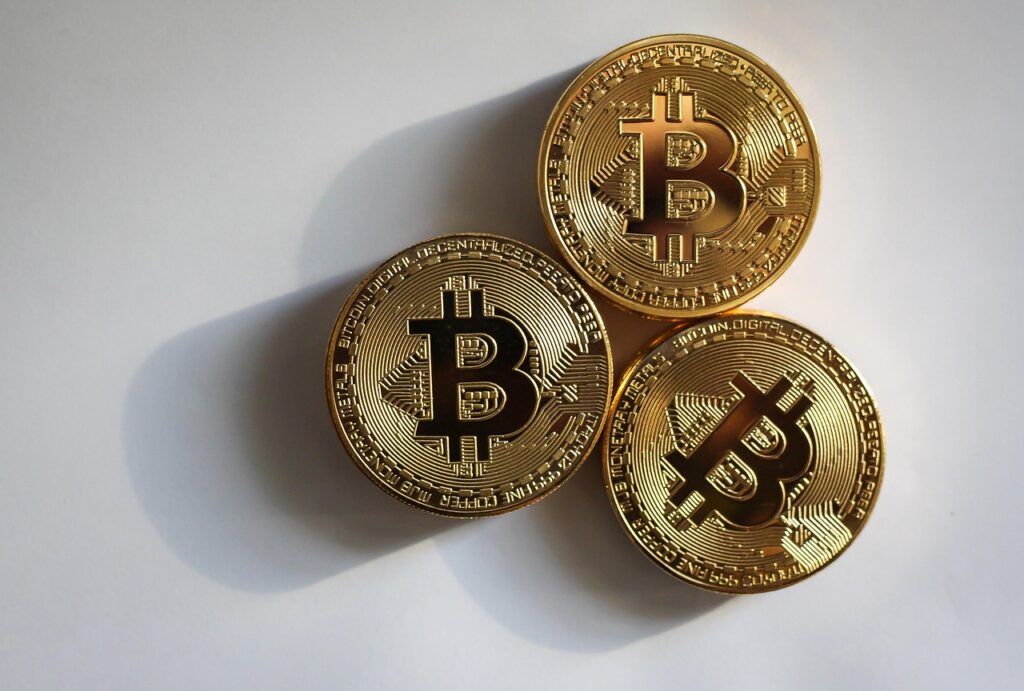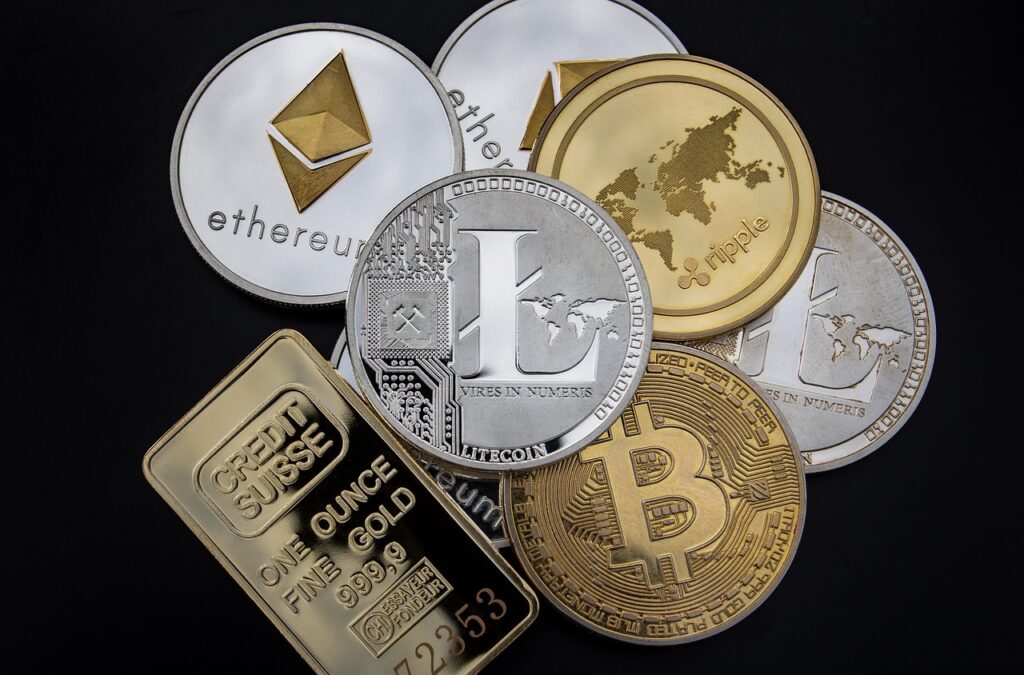In the fast-evolving field of crypto and blockchain technology, decentralization is either more crucial or more routinely disregarded than any other idea. This is the basic idea underpinning Bitcoin’s creation and ongoing motivation for developments throughout the whole cryptocurrency market. But in actual life, what is decentralization? What is its importance? For consumers, businesses, and society at large, what are the practical consequences?
Table of Contents
- 1 Crypto and Decentralization: What Does It Mean?
- 2 Unlocking the Power of Decentralization: Main Benefits
- 3 Censorship Resistant
- 4 Decreased Single Points of Failure
- 5 Operation without trust
- 6 Financial Inclusion
- 7 The Dark Side of Decentralization: Risks and Hurdles
- 8 Scalability Limitations
- 9 User Experience Complexity
- 10 Regulation Uncertainty
- 11 Governance Difficulties
- 12 The Decentralization Spectrum
- 13 Real-World Effects and the Future of This Trend
- 14 Finding the Sweet Spot: Conclusion
Crypto and Decentralization: What Does It Mean?
At its core, decentralization is the process of dispersing power and authority that falls under the jurisdiction of the central government. In traditional financial services, banks, government agencies, and other centres of authority manage the flow of cash, keep records on transactions, and determine the rules. However, instead of a single entity managing all these things, decentralized cryptocurrency networks share these functions across a decentralized network of people around the world.
The process of distributing this information is performed using blockchain technology, a distributed ledger that records the transactions performed by multiple computers at once. The blockchain is not managed by a single person or entity, but rather a community of people using consensus mechanisms to verify transactions and secure the system.
Unlocking the Power of Decentralization: Main Benefits
-
Censorship Resistant
One of the most powerful features of decentralized systems is their censorship-resistant capabilities. Without authority over the system, reasoning from those individuals representing the government or major institutions will not be able to freeze assets or stop transactions. This capability is profound for users who are in some sort of dictatorship or a financially impacted crisis.
In the case of a currency crisis in countries like Venezuela and Zimbabwe, citizens turned to Bitcoin as a store of value when their currencies lost all their value. Similarly, dissidents who cannot access traditional banking use crypto as currency to get money they are unable to possess.
-
Decreased Single Points of Failure
Centralized systems have many vulnerabilities to attack and downtime. If a major bank suffers a major issue with its system and millions of clients are affected, there is a possibility that they will no longer be able to access their funds. If a central exchange is compromised and billions of dollars in assets can be lost in one attack on security.
Decentralized networks distribute risk among hundreds of nodes. Should one of them fail or suffer an assault, it will keep running. The network’s resilience implies that decentralized cryptos are beyond reach. For instance, Bitcoin has recorded almost 100% availability since its start in 2009.
-
Operation without trust
Aspiring transactions securely and in good faith, conventional financial systems require consumers to rely on banks, clearinghouses, payment processors, and other third-party institutions. Using cryptographic confirmation, blockchain-based cryptocurrency technologies replace this trust need.
The phrase “Don’t trust, verify” shows this tendency. Users can independently verify transactions recorded on public blockchains rather than relying on the reliability of a particular institution. Without the need to rely on the counterparties, smart contracts execute themselves when specified criteria are met.
-
Financial Inclusion
More than 1.4 billion people worldwide lack banking access or basic financial services. Blockchain-based cryptocurrency systems offer a different path, requiring only smartphones and an internet connection to participate.
Through decentralized finance (DeFi) solutions, the technology has also permitted those without bank accounts to hold money, make payments, and use credit services. Entry presents no obstacles. substantially less than those set by conventional financial institutions that normally need formal identification or credit reports and little reserves.
The Dark Side of Decentralization: Risks and Hurdles
-
Scalability Limitations
Most decentralized networks suffer from serious scalability concerns. The need for consensus among dispersed nodes contributes to an inherently inefficient system as compared to centralized alternatives.
Bitcoin, for example, is capped at about 7 transactions per second, while Visa’s centralized network accomplishes 65,000 per second. This will sometimes lead to congestion during high-traffic times, resulting in higher transaction costs and longer transaction confirmation times. While layer-2 and other consensus mechanisms seek to alleviate these problems, scalability will remain an issue.
-
User Experience Complexity
Decentralized systems’ self-sovereignty moves the accountability onto the consumers. For newcomers to the industry, the management of private keys, the knowledge of gas expenses, and custodial wallets can form a protracted learning curve.
This complexity has real effects since many users’ improper backup systems or lost passwords have resulted in access to their money. Unlike traditional banking, crypto has neither a “forgot password” feature nor a customer service agent to help recover lost crypto assets.
-
Regulation Uncertainty
The decentralized systems, which are global, do not usually belong to any regulatory jurisdiction – this creates uncertainty for not only users but for developers as their legal standing may differ greatly by country or even evolve.
Some governments have embraced innovation in cryptocurrencies, but others have enacted complete or partial bans, creating compliance problems for businesses that wish to be accessible to a global audience while still following local laws.
-
Governance Difficulties
Decentralized networks must create systems of decision-making and protocol upgrading. There has emerged a variety of governance models, ranging the range of Bitcoin’s very slow model, to more formal on-chain voting methods used by some of the newer projects.
During the process of governance, they also take substantial trade-offs in terms of the security and efficiency of the system, as well as the purity of decentralization. Community discord can lead to competing “forks” where the blockchain breaks apart into separate versions, which was the case for Bitcoin in 2017, and created Bitcoin Cash 2017 as an outcome.
The Decentralization Spectrum
Decentralization is an equilateral spectrum rather than a binary condition; this is crucial to grasp. Very few cryptocurrency projects are completely decentralized in every respect:
- How far apart is the network’s infrastructure? Bitcoin is a worldwide network of thousands of nodes operating independently across the globe and can reach a very great degree of technological decentralization.
- Token distribution: How equally is it distributed? Many initiatives start with significant portions of the supply being under the control of investors, founders, or foundations. Wealth concentration
- Who’s in charge of the protocol and codebase in centralized development? Some projects depend on foundation funding and the main team of developers.
- Governance decentralization: How is decision-making made? The range of mechanisms runs from the official “on-chain” voting to the casual “rough consensus.”
In other places, the projects might be rather centralized; in some areas, they could be very dispersed. For instance, Ethereum has thousands of nodes but boasts a very strong core development team; some more recent protocols might allow more distributed development but with smaller independent validators.
Real-World Effects and the Future of This Trend
Decentralized finance is more than a design choice; it can have dramatic implications for the operations of financial systems and the users they serve.
- Disruption of Traditional Finance
Decentralized finance (DeFi) and its platforms for lending have disrupted banking with a service that requires no intermediaries. Using lending protocols, users can obtain loans or borrow against their holdings, without a credit report, and the lenders collect the interest. Decentralized exchanges give traders peer-to-peer access without custodial responsibility. Overall, this allows for increased access to services at the cost of introducing new forms of risk to the system.
- Organizational Transformation
Decentralized autonomous organizations (DAOs) propose new organizational formats for collective decision-making and collaborative resource allocation. DAOs allow worldwide members to work together on common goals, while also giving the group´s treasury and decision-making power the ability to go from investing in digital assets to building public goods.
- Digital Sovereignty
As the personal and social importance of digital lifestyles increases, decentralized systems give users increasing access and control over their online identity and personal data. Self-custodial wallets allow users to have full ownership over their digital assets, while the increase of decentralized identity systems will allow users to control the personal data they allow third-party platforms to store.
Finding the Sweet Spot: Conclusion
It serves not as a remedy for all situations, but a methodology to achieve purpose, including reducing censorship, as well as access, security, and user sovereignty. Different apps demand distinct degrees of decentralization. The most accomplished projects identify the adequate balance in every specific scenario.
As the cryptocurrency ecosystem evolves, we anticipate continued evolution across the range of decentralization, with some apps being focused on decentralization for ensuring security and resistance, while others incorporate some centralization to provide enhanced user experience and legal compliance.
The resulting decentralization that blockchain technology can facilitate presents new opportunities in terms of how we undertake economic activities, make collective decisions, and interact with financial systems. If you are a programmer, a funder, a developer, or an observer, the nuance of decentralization is important to recognize in the ongoing evolution of blockchain technologies and their resultant implications for the digital future.

